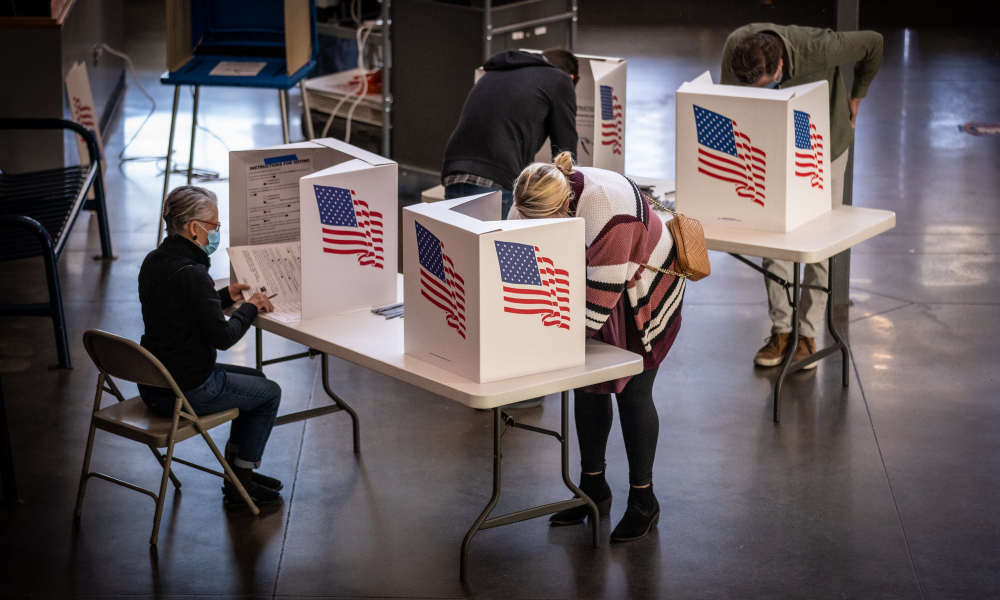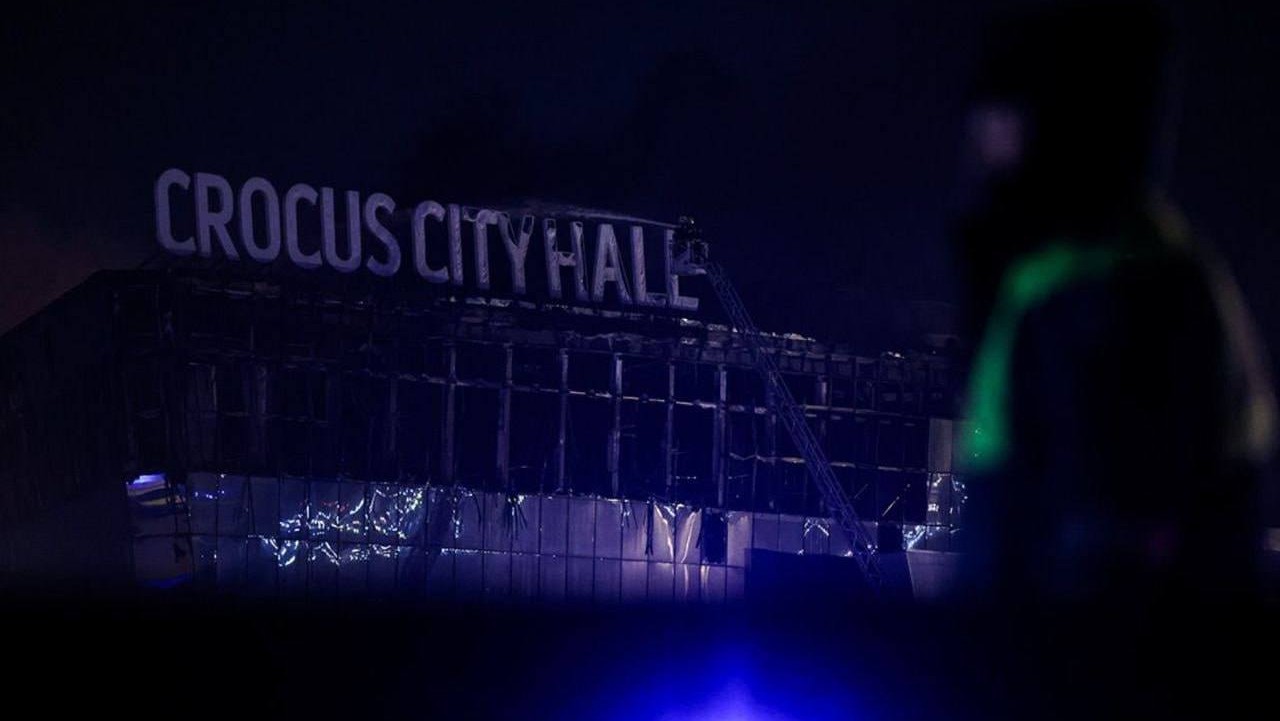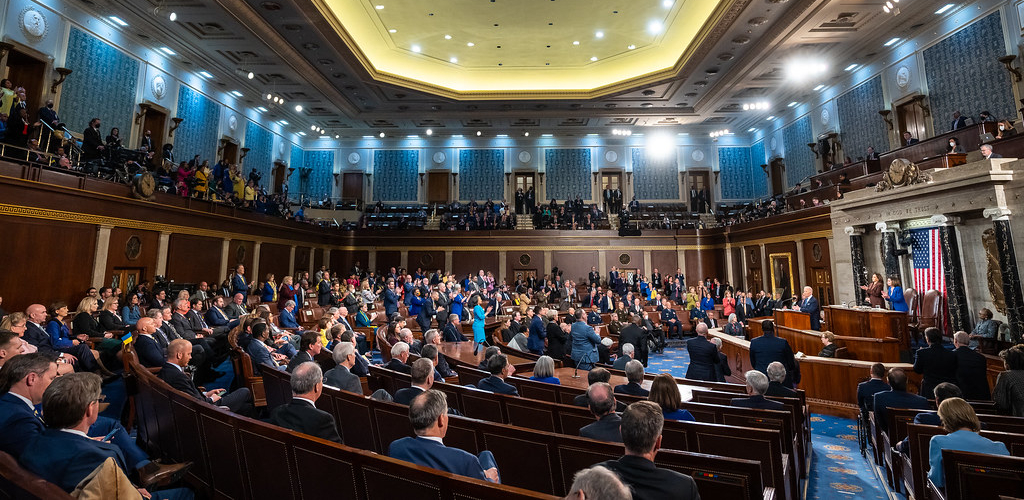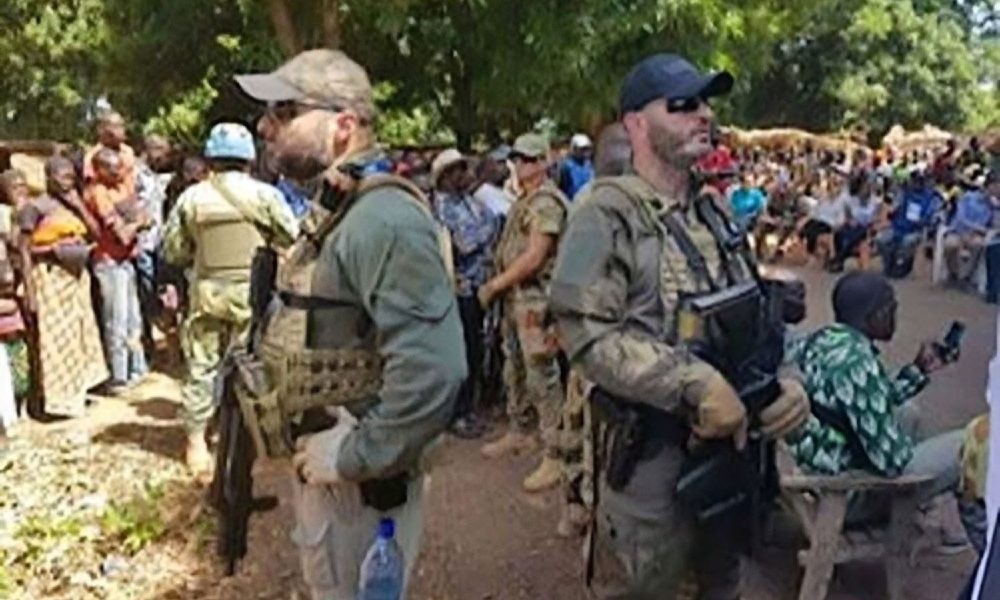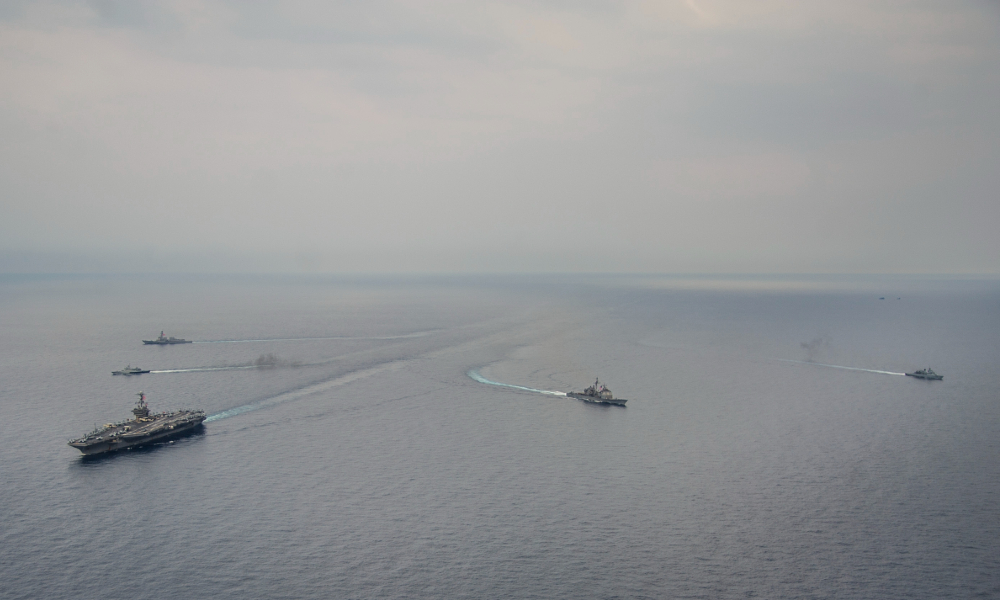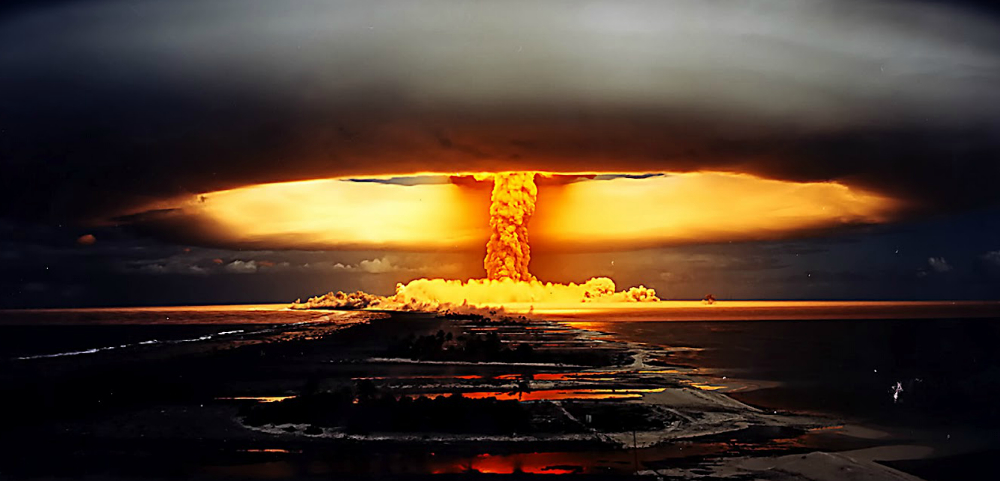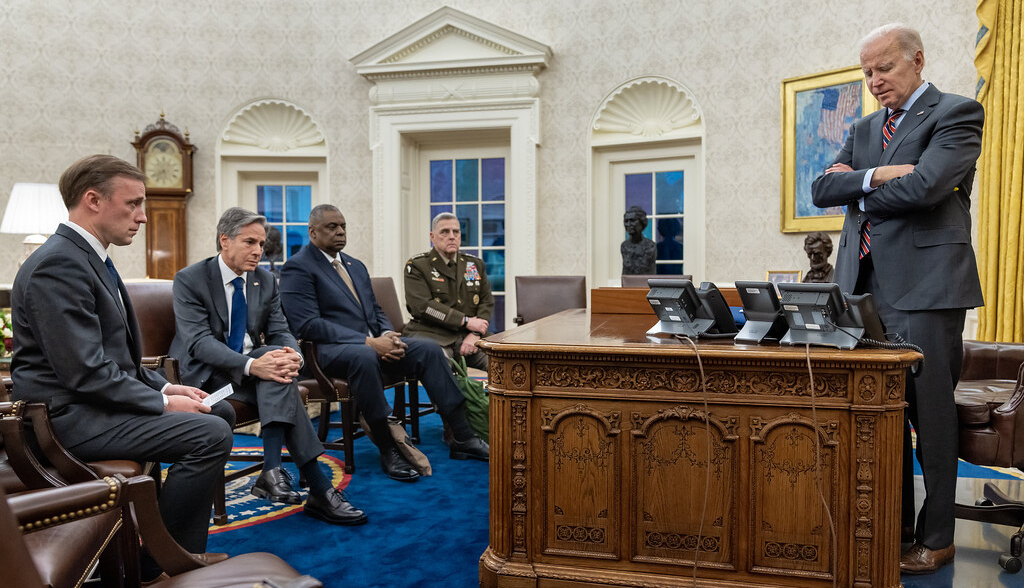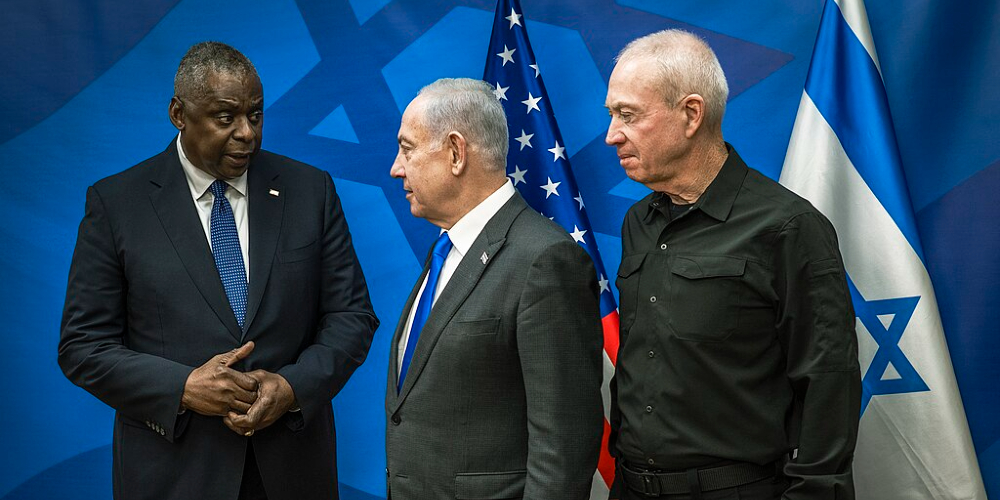-

Green Lights and Red Lines: Responding to Iran’s Election Hacking
The United States should set a precedent that deters more attacks on U.S. electoral campaigns. -

J.D. Vance and the Model of the Modern Vice Presidency
Vance offers little experience and few connections to support Trump in a second term, but it doesn’t seem like Trump wants a vice president anyway. -

Learning from Islamic State-Khorasan Province’s Recent Plots
The organization's plans show a clear pattern. Policymakers should take note. -

What Will the End of the U.S. Foreign Policy Consensus Mean for the World?
Allies and adversaries will take note if U.S. foreign policy swings wildly from one administration to the next. -

Filing a Complaint in the Islamic State
Newly released documents provide a glimpse of life under the Islamic State’s rule. -

The Wagner Group Lives on in Africa
The name has changed, but its efforts continue—now under closer supervision from the Kremlin. -

Geography Is a Dealbreaker for Coalition Building in Asia
The countries that the United States is trying to rally together are too dispersed to share the same security concerns. -

The Nuclear Taboo Is a Myth
Public opinion can support the use of nuclear weapons in conflicts. Governments need stronger checks against pushing the button. -

Understanding the State Department’s Latest Far-Right Terrorist Designation
The Nordic Resistance Movement has been listed as a foreign terrorist organization. Other groups should follow, but probably won’t. -

America’s Ally Problem
Why does Washington indulge its allies to a fault? -

The Burden-Sharing Dilemma in U.S. Alliances
Washington must maintain deterrence against its adversaries while also preserving influence with its allies. -

One Step Forward for the ICC, One Leap Backward for Peace
ICC Prosecutor Karim Khan's recommendation for arrest warrants for Benjamin Netanyahu and Yoav Gallant will make ending the conflict more difficult.
The upcoming main navigation can be gotten through utilizing the tab key. Any buttons that open a sub navigation can be triggered by the space or enter key.


